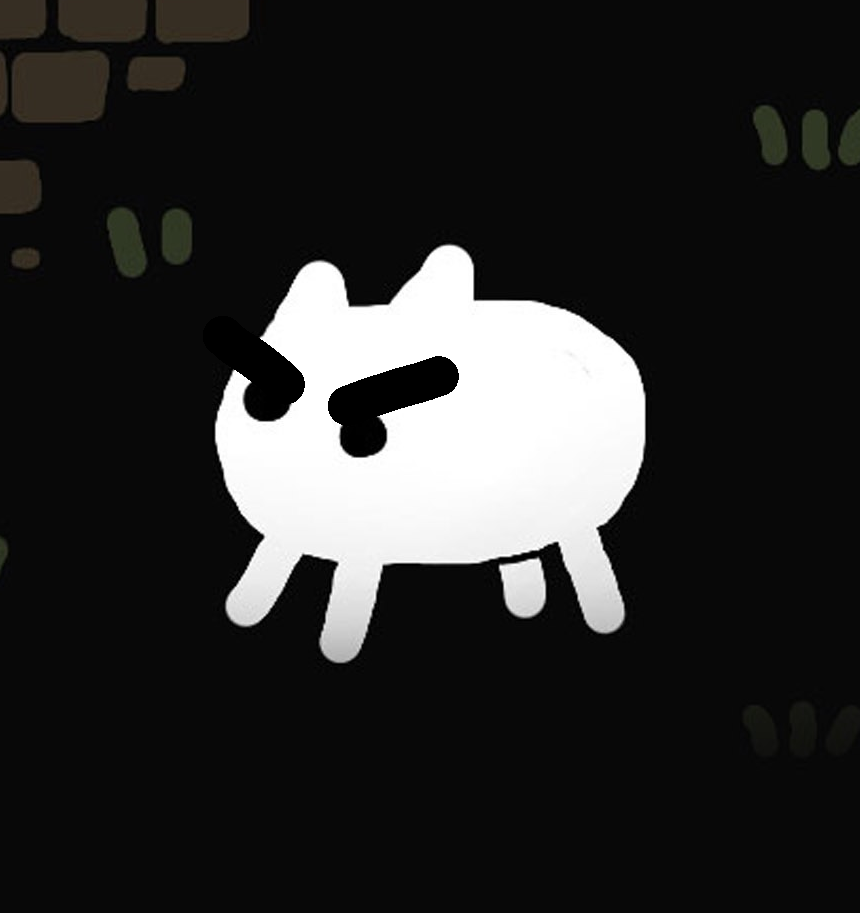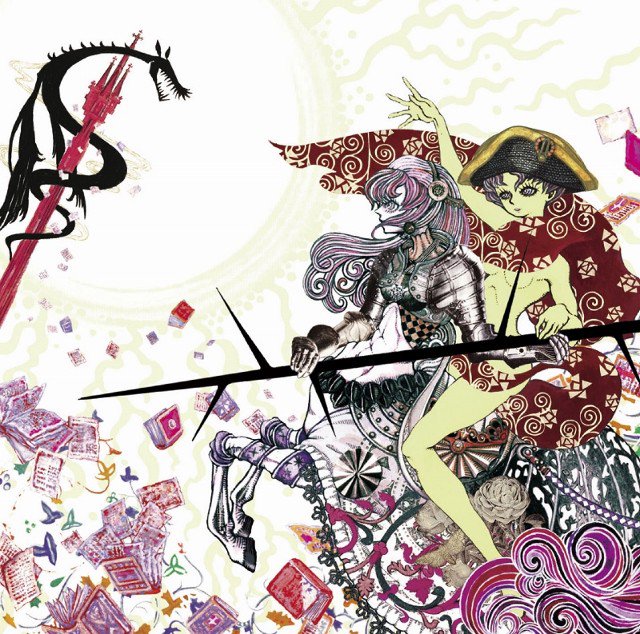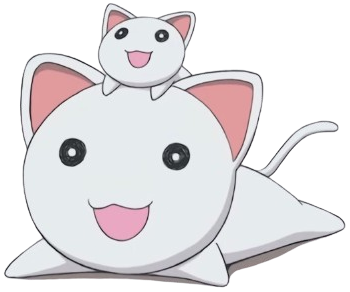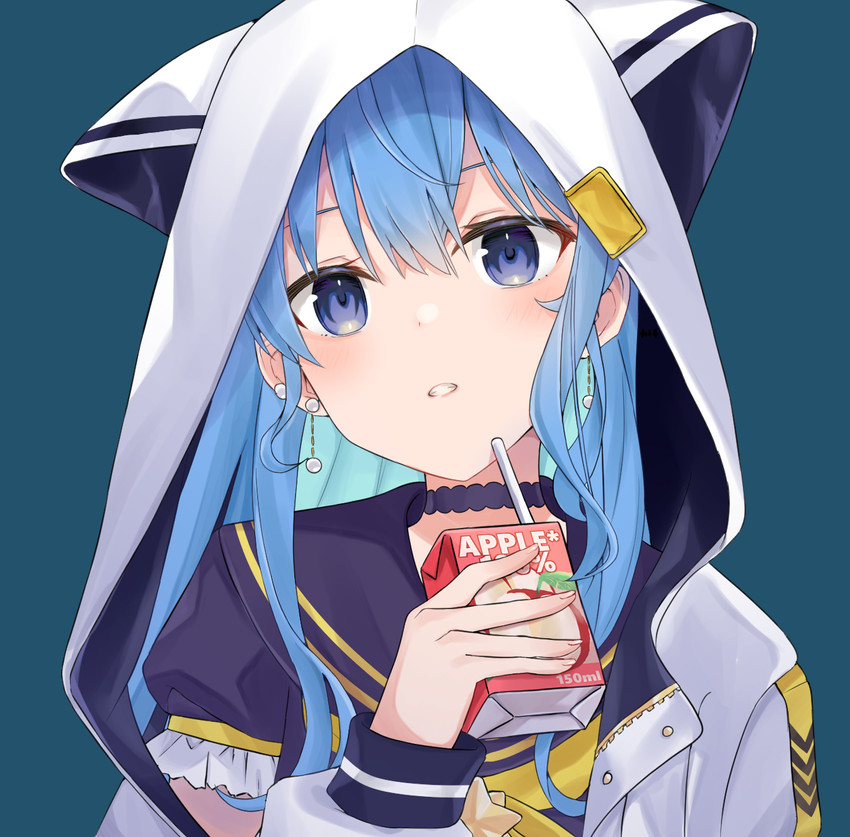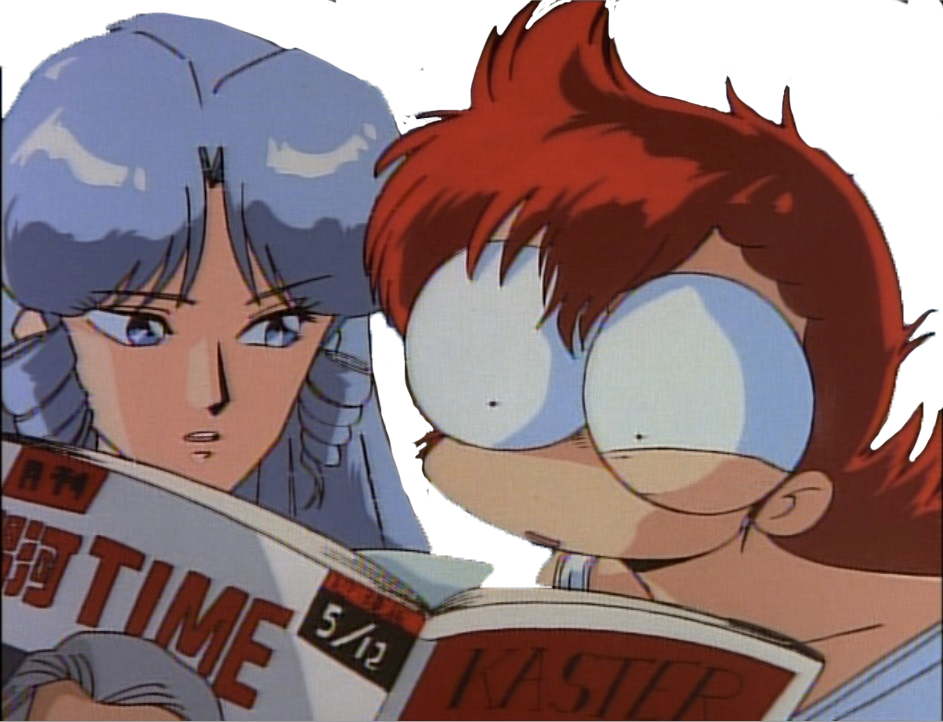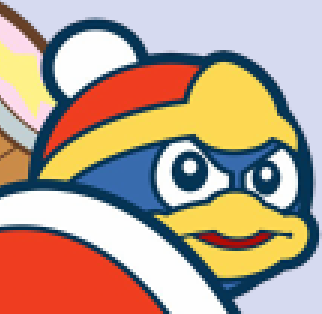This is a followup to @SorosFootSoldier@hexbear.net ‘s recent thread for completeness’ sake.
I’ll state an old classic that is seen as a genre defining game because it is: Myst. Yes, it redefined the genre… in ways I fucking hated and that the adventure game genre took decades to fully recover from. It was a pompous mess in its presentation and was the worst kind of “doing action does vague thing or nothing at all, where is your hint book” puzzle gameplay wrapped in graphical hype which ages pretty poorly as far as appeal qualities go.
So many adventure games tried to be Myst afterward that the sheer budgetary costs and redundancy of the also-rans crashed the adventure game genre for years.
Dark Souls is too hard for my tastes, as much as I want to just walk around the worlds and see them.
I have 0 interest in BotW, crafting stuff isnt for me. Just lemme find/earn the item.
Street Fighter isn’t in my top tier fighting series.
Most point and click/old timey adventure games (like the aforementioned Myst) were boring to me.
BOTW only has a crafting mechanic for food. There is 0 other crafting in the game.
Oh I have OPINIONS.
Undertale is genuinely pretty shit tbh. The humor is okay now and again, the battle system, while I appreciate it trying something different, didn’t work for me, and the pseudo-philosophical “u did the thing we designed the game to push you towards doing don’t you feel bad u monster lolololol” thing was not remotely as original or deep as people pretended. Genuinely think its just the Homestuck connection that made that game popular. Music is a bop though, can’t deny that.
The last 3rd or so of Elden Ring is also shit and I assume all the 10/10 game of the decade reviews never got that far. FromSoft is so far up its own “prepare to die” ass that they forget to make actually fun and fair games anymore.
u did the thing we designed the game to push you towards doing don’t you feel bad u monster lolololol
To be fair to the game that’s only the bait and switch at the very start with Toriel, designed to make the player reload and introduce the save meta-fuckery with Flowey. From then on the only incentive to do violence is getting stuck at a puzzle or completionism (which is at the heart of the meta-narrative).
The commentary on violence by itself is naive though (even the game points it out at one point) and if you don’t like the characters or roll your eyes at 4th wall stuff the whole thing falls apart pretty quick.
I’m also saying Baldur’s Gate 3. The writing is juvenile, the combat is a slog, the characters are cliches, it retcons the story and characters of the game it’s supposed to be a sequel to, it has possibly a worse UI than the original Baldur’s Gate, and the famed reactivity and choice only works if you do things exactly how the developers intended you to do them. Oh, and the music is just forgettable.
Do you think it’s better to take the time to replay 1 and 2 before trying 3, or are the retcons so bad that it’s better to not even know what happened earlier in the story? I played a bit of 1 a long time ago and don’t remember anything.
I don’t think you’d gain much enjoyment of 3 by replaying the originals. The characters that come back are basically just for fanservice and the story kind of acknowledges the premise of the originals but conflicts heavily with Throne of Bhaal. Other than that, there’s just a few written jokes referencing various old characters. So if you want to play 3, just go for it.
All right, I’ll skip the old ones, thanks
I like the concept of Doki Doki Literature Club but trying to play it resulted in endless clicking to skip through the text boxes to get something to happen. That video game format is not for me.
I have a lot of thoughts on Doki Doki Literature Club.
The game did not invent the concept of “Story that pretends to be about cute anime girls at the start turns into horror” by any stretch, nor did it invent “meta horror” where a game purposely crashes or whatever, but what sets DDLC apart from the others, in my opinion, is its underlying sincerity.
The premise of “Anime school girls in a horror game” often results in pandering too much to sadism, the characters just become bodies to be brutalized. The narrative becomes mean-spirited, and characters are made to be purposely shallow so the audience can enjoy the violence without feeling compassion for the victims. Don’t get me wrong, my monkey brain can also appreciate a slasher movie every now and then, and it’s definitely more enjoyable to see a bitchy, shallow mean girl get murdered than a nice, sweet girl with complex character motivations.
Doki Doki Literature Club very much does not do that. What sets it apart is not the horror aspect, but the cute anime VN dating sim parts of it. It has real, flawed characters that could absolutely work in a “normal” VN as romantic interests, and that is what’s given it its longevity. The player is made to care about the characters and the misery that befalls them is not played for spectacle, but as the more or less authentic climax of their storylines.
I could go on a lot longer but the tl;dr is that to like DDLC, you have to like anime dating sims I guess. What makes it special is not the horror, but the sincerity with which it is written despite being a horror game. Doki Doki Literature Club Plus came out on Steam a few years ago and it features a bunch of bonus stories, and none of them includes any horror, it’s just a selection of cute scenes of the 4 girls interacting at school.
The song that plays during the credits really encapsulates what I mean very well. Other writers would 100% give her more “crazy stalker gf” lines up until the very end, but this song is not at all like that. It’s just sincere. Monika is allowed to be a real character with real feelings and a real conclusion to her arc, and that’s what makes it work and what gave it its cultural impact.
Halo. I grabbed it on Steam a while ago, played co-op with a friend. The mooks were repetitive and the gameplay was meh.
I almost mentioned not liking Halo from the very first game when it first came out, finding it clunky and chunky and having controls that made me feel like an armed refrigerator with tank treads equipped with a camera and the story being both flag-humping hoo-rah apologia and a pretentious mess that was only wearing the peeled off skin of the Marathon series, but I’d get soooo much shit so I waited for someone to say it first.

Actually halo is antifascist
In the first game you have the genocidal theocrats trying to wipe out humanity, and you have humanity represented as the roman empire in space. So both sides are basically fascist. And the player character proceeds to accidentally almost wipe out all life in the galaxy by trying to find the biggest gun and use it against the baddies. Cortana has to step in, call you a nincompoop in a bizarrely british accent, and inform you that Halo will wipe out all life in the galaxy. The lesson here is that you should stop and think instead of uncritically participating in the cycle of fascist violence.
In Halo 2, you play as a military leader participating in a theocratic genocide, whose cultural traditions have been turned against your species to turn you into a willing slave of the rule caste who does their dirty work and has no honour so you’ll stop asking pesky questions like “Why are we killing the humans”. You meet heretics, a light bulb, and a big venus fly trap who slowly deradicalise you, until one day your people are genocided and you team up with the people you oppressed. The lesson here is that you should stop and think instead of uncritically participating in the cycle of fascist violence.
In Halo 3, Earth is invaded and the covenant find a portal to the Ark, through which Cortana says there is a way to beat the Flood. Lord Hood wants to stay at Earth and go down in a blaze of glory, but Master Chief and arbiter who have learned their lessons from the last two games, say they should go through the portal and see what Cortana’s big discovery is. The lesson here is that you should stop and think instead of uncritically participating in the cycle of fascist violence.
In Halo ODST it turns out that Huragok are slaves actually and there might be something to be gained by saving them from the covenant instead of killing them like you have been the whole game. The lesson here is that you should stop and think instead of uncritically participating in the cycle of fascist violence.
In Halo Reach, Noble Team try to go down in a blaze of glory defending Reach, but Halsey gives them an AI she says has the secret to winning the war, and it turns out Cortana has the coordinates of Halo. The lesson here is that you should stop and think instead of uncritically participating in the cycle of fascist violence.
In Halo 4, Captain Del Rio doesn’t want to risk damaging the Infinity because it’s a ginormous phallic substitute for his fragile masculinity. Chief and Cortana have actually been spending their time exploring and studying the lore, and they go rogue and save the world. The lesson here is that you should stop and think instead of uncrtically participating in the cycle of phallic symbols
What can I say, the bungie era had better writing
I never really caught much of the lore. It seemed like pretty standard military action stuff.
The music from the original demos was incredible. I’m pretty sure the music was what propelled the original game from meh shooter to a genre favorite.
I won’t knock the music, but your assessment of the lore isn’t really missing anything.
Gta V was a downgrade from Gta 4 in all the ways that mattered.
All of the dark souls shit, Steelrising is the only one that looks promising.
I could not get into Terraria no matter how many times I tried.
Path of exile is a bloated, convoluted mess with shoehorned multiplayer elements. The mtx are also awful and do not get nearly enough hate as they should.
half life 2 was a glorified tech demo with so many bloviating “immersive first person cutscenes” that it felt like a parody.
Halo 3’s campaign was not good and the multiplayer was just ok. Forge was not revolutionary, it only seemed like it because it was locked to console with no mod tools.
Borderlands, tried two different games over the past 7 years and neither time was it fun. Fps games should not have arpg items.
The mario, zelda, and pokemon series. The little I’ve seen of them made me never want to play them, like pokemon is literally just cock fighting but with epic wacky monster-pets.
Diablo 2 resurrection, the remaster, does not have a skill bar unless you use a controller. I will never willingly put myself through garbage controls straight from the 2000’s when I could just play Grim Dawn instead.
A. Star wars knights of the old republic 2. The music and environmental color palette are so dull and drab compared to its predecessor, I despise kreia and atton for being pieces of shit but unfortunately they’re important/major characters in the narrative (especially kreia, and how the game itself tries to portray this
 shitbag as “correct” especially with the infamous nar shadda beggar scene), it completely doesn’t capture the magic of star wars that the first game did (I know it was supposed to be a deconstruction, but it’s way too dark and edgy), I hate darths nihilus and sion (again, too edgy, and I think their force power gimmicks are stupid). It also basically invalidates all the player has accomplished in the story of the first kotor game, regardless of side (by the time of kotor 2 both the jedi and sith are collapsing and revan is missing).
shitbag as “correct” especially with the infamous nar shadda beggar scene), it completely doesn’t capture the magic of star wars that the first game did (I know it was supposed to be a deconstruction, but it’s way too dark and edgy), I hate darths nihilus and sion (again, too edgy, and I think their force power gimmicks are stupid). It also basically invalidates all the player has accomplished in the story of the first kotor game, regardless of side (by the time of kotor 2 both the jedi and sith are collapsing and revan is missing).Regarding kreia and her portrayal, IIRC chris avellone is apparently a sex pest creep who has had allegations made against him

B. Pokemon Legends Arceus. I think I’ve ranted about this game before. I personally think that it has a very boring and flawed gameplay loop, dull environments with music that rarely/barely plays (the music itself is good, but why the fuck is most of the game uncomfortably silent then), a botched combat system, unfun/tedious wild pokemon aggression mechanics, a horrible lack of quality of life features and an truly unbearable amount of grinding. Then there’s the colonial apologia in the narrative (wholesome chungus peaceful colonizers who just want to make a home in a foreign land and live harmoniously with the natives, d the gracious colonizers’ help in dealing with sacred local pokemon they’ve revered for generations)
As someone who appreciates KOTOR 2, I think that a lot of the love for the game comes from 3 factors:
-
Nostalgia for KOTOR 1
-
The fact that KOTOR 2 improved the combat system and the class/skill system, so if you liked skipping all the dialogue and getting to the part where you could swing your lightsaber around then this game feels like a significant improvement when the combat in the previous game often felt very tacked-on and like an afterthought
-
The aspirational “But it could have been a masterpiece!” sort of thing, where people see the rushed development which resulted in a game that was ultimately unfinished, this cohort tends to fill in the gaps with how great it could have been rather than extrapolating from what the game really was into what it likely would have been if it actually completed its development cycle, which wouldn’t have been all that much better and the lost content restoration mod stands testament to the fact that, no, the bits that got left out weren’t really going to be better than the rest of the game.
I think you’re right about how Revan’s story just got sidelined in the second game and how the villains were kinda meh. I feel like Nihilus was a really bad choice and just a placeholder for an actual villain because they didn’t bother with any development, they used in-lore reasons for why he couldn’t talk and his character was essentially incomprehensible in his motives aside from The One Thing™ 🙄, and they just kinda dropped him in towards the end and it’s supposed to be a big deal because he’s… kinda spooky I guess? Oh wait, some characters also tell you throughout the game that he’s a big deal and you should invest in his character because they said so.
Kreia I think was decent but not fully realised (see above for what that means to fans) but I think conceptually it was cool to have a greyish-to-evil Jedi as your mentor.
The game did a better job of moral pathways, especially the grey and evil ones. The first KOTOR would pose very simple situations to the player - help and do the good thing, to good outcomes, but you either have to pay extra or miss the opportunity for money/loot or you lie and/or slaughter your way through and you get that loot.
KOTOR 2 made you think about the consequences of your actions more and there wasn’t always the clearly obvious righteous path but instead you had to grapple with means vs ends and the ramifications of your choices. There was less [console the orphaned child and give them money to help them get back on their feet/kill the orphaned child and loot their bloodied corpse] options and more morally ambiguous options.
Kreia was supposed to be the fleshing out of the whole fall to evil thing and she did an okay job of it most of the time. If you played the game purely lawful good then she would have been frustrating but if you played it other ways or you weren’t certain of your path then she is a more interesting deuteragonist than Bastila, who would just demand that you always take the lawful good path and chide you if you didn’t, which wears thin really quickly. (This is from someone who has set out to play the game as evil multiple times and yet has failed and fallen to their better insticts every time lol, and this is also at the cost of Kreia chiding you for doing the right thing, for doing the wrong thing, or for trying to do the right/wrong thing and it backfiring due to circumstances, leaving you feeling as though there was no way to appease her because whatever you do she’s likely going to be disappointed in you regardless.) She was, imo, a very clear swing-and-miss at representing something close to representing the concept of Wu Wei because the problem therein is to have a fallen/ultimately evil character who also represents neutrality/neutral-good - those two sit it direct contradiction with one another so it got muddled up in the story. Hence the beggar scene.
Being able to crack characters open and bring them to be your apprentices and to influence their alignment was a pretty cool mechanic that helped flesh out the story imo.
The game was really reaching for gritty realism (see: Atton being an actual representation of a rogue character rather than a caricature of a rogue who once was self-interested but decided to join up and now they’re part of a merry band of do-gooders without any real justification or development, also the drab setting for most of the game) and a subversion of the tropes (which, in combination with the gritty realism, often devolved into outright edgelordism) but it often fell short of this lofty vision.
I think ultimately what the game was attempting, and failed to achieve, was a truly introspective player experience where there were more shades of gray than any clarity on anything - will Kreia be the final villain and if so, why is she on your side and why does she not do Big Evil Stuff™? (Which explains Nihilus being largely absent from the game, although that turned out kinda bad.) Why do I not trust the good characters a lot of the time and why do the evil-coded characters make compelling cases (sometimes)? Why is it that I can’t always do the correct thing but I am forced to choose between imperfect options? Why do I find myself at odds with my Jedi mentor? Is there truly right and wrong? Are the means justified by the ends and what are the implications? etc.
I think one thing that needs to be kept in mind is that this game came out when the subversion of the trope wasn’t itself a massive trope and gritty realism, while popular, hadn’t reached peak saturation yet and so for a lot of people who grew up with the game it really did feel groundbreaking due to that context. I think this bookends really well with the discussion on Seinfeld happening elsewhere on Hexbear - people look back on Seinfeld and ask why it was considered so great at the time but they often don’t understand that in the context of when it was produced, it was pretty groundbreaking for comedy and its influence was so significant that for a person going back to watch it after its run, it seems like Seinfeld is just rehashed and worn out. But that’s not because of Seinfeld itself, it’s because it changed the shape of comedy that came after it (for better or worse) such that it doesn’t feel groundbreaking at all looking at it retrospectively.
It’s a bit like if we were to watch an early husband and wife sitcom like I Love Lucy or something - we’d know all the tropes, we’d see all the punchlines before they landed, we’d consider it a tired and worn out concept despite never having watched it even though, at the time, it was so influential and groundbreaking that it effectively shaped the direction of its entire genre. Sometimes things are just a product of their time and that means that they don’t always age that well.
-
It’s a bit of a litmus test when asking someone about their opinion of KOTOR2. If they say Kreia/Traya was “based” and actually buy into her bullshit Enlightened Centrist fortune cookie wisdom (which IN THE GAME is shown to be a deceitful bullshit ploy to hide her actual motives), they’re probably an asshole.
Darth Traya’s actual motivation is very interesting, though. Star Wars’ pseudobuddhist/pseudotaoist philosophy has always been its best feature, and Kreia is this very interesting character who is aware of the Tao and believes in its existence, and wants to kill it. Its a matter of free will and theology. There is a “god” that controls the entire galaxy, and here is a character who believes its existence is an unjust hierarchy and wants to kill it.
It is interesting but so many people that played it missed the point of her distracting Enlightened Centrism bullshit (which she spews no matter what the player decides to do, which is the point because it was a distraction tactic all along) and see her as some great and wise person instead of a betrayer, which was IN THE NAME.
and here is a character who believes its existence is an unjust hierarchy and wants to kill it
The big hole in her idea is that she wants to do that for herself and doesn’t really ask the rest of the living things in the universe if they want that. It doesn’t matter because she wants it.
The big hole in her idea is that she wants to do that for herself and doesn’t really ask the rest of the living things in the universe if they want that. It doesn’t matter because she wants it.

I think I need to do some self-crit because I was onboard with Kreia’s idea to kill the force…
As someone who loves RTS: Anything Age of Empires. Everything looks the same, yet there are dozens of civs to pick and they all just differ in boring-ass buffs and a few unit choices. The visual short-hand is terrible and reading what’s going on in a fight or base at a glance is impossible for me.




